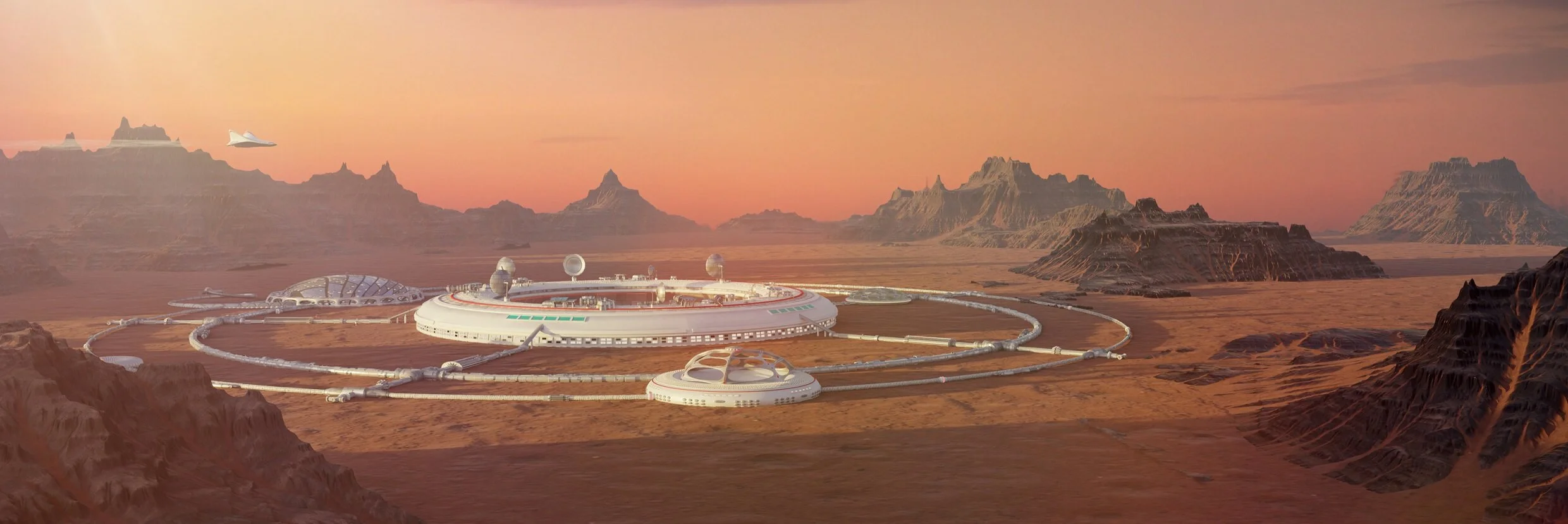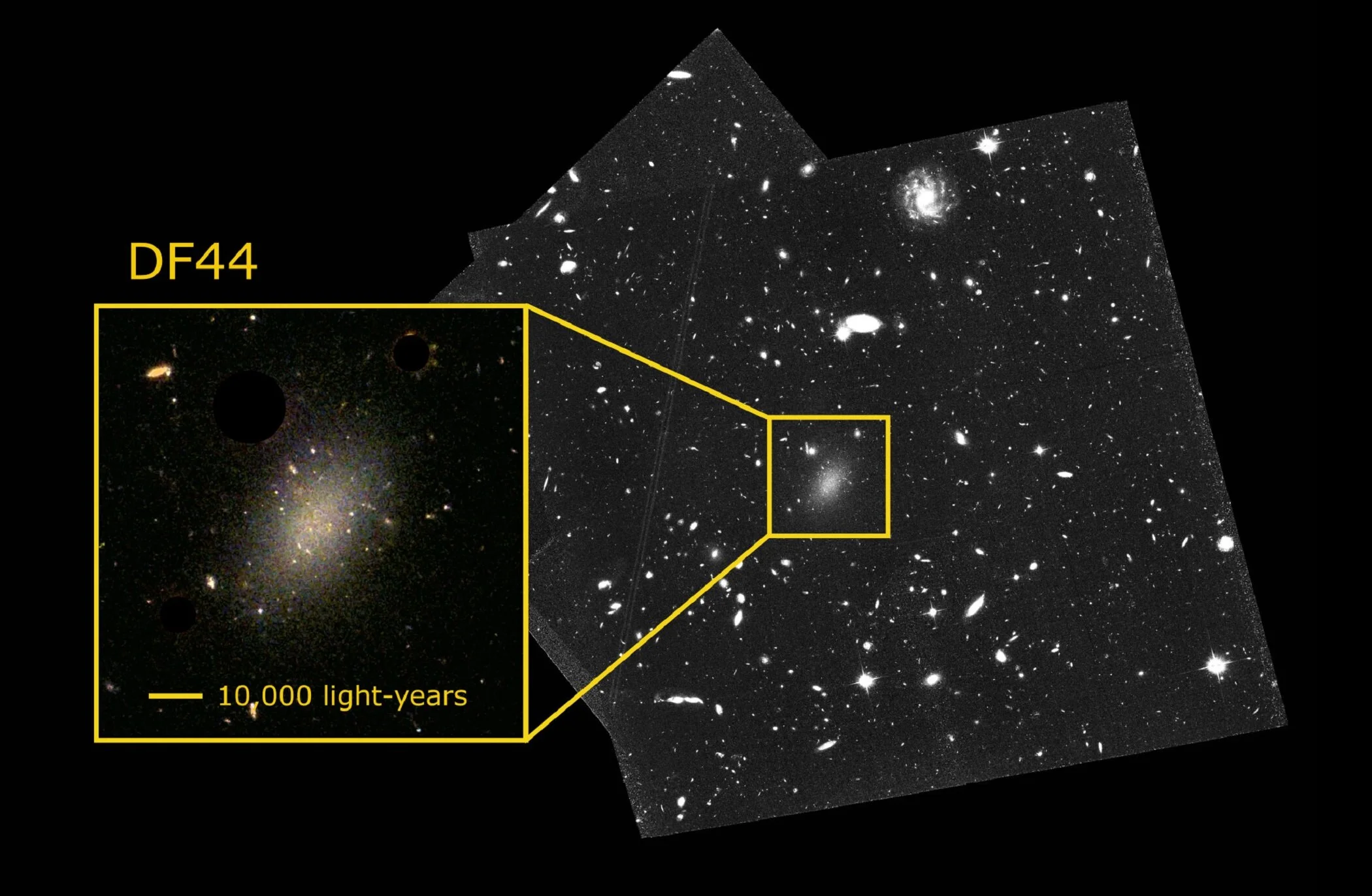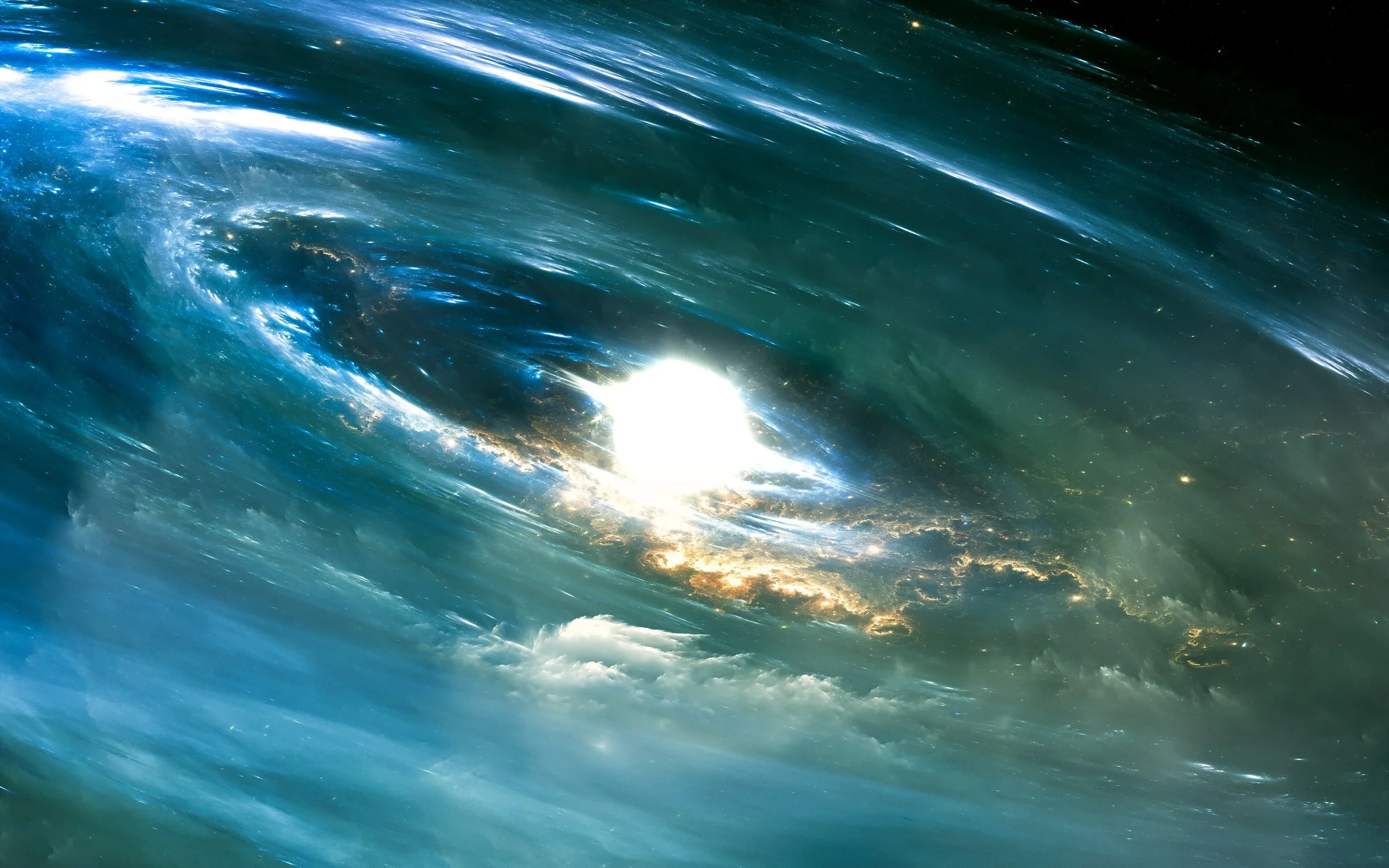Because, following a string of remarkable discoveries over the past two decades, the idea of alien life is not as far-fetched as it used to seem.
Mars’ Moon Phobos is Slowly Falling Apart
Could cold spot in the sky be a bruise from a collision with a parallel universe?
Scientists have long tried to explain the origin of a mysterious, large and anomalously cold region of the sky. In 2015, they came close to figuring it out as a study showed it to be a “supervoid” in which the density of galaxies is much lower than it is in the rest of the universe. However, other studies haven’t managed to replicate the result.
If we’re searching for earth 2.0, would we know it when we find it?
In the past few decades, there has been an explosion in the number of extra-solar planets that have been discovered. As of April 1st, 2018, a total of 3,758 exoplanets have been confirmed in 2,808 systems, with 627 systems having more than one planet. In addition to expanding our knowledge of the Universe, the purpose of this search has been to find evidence of life beyond our Solar System.
Why do some galaxies stop making new stars?
Measuring growth of the universe reveals a mystery
Astronomers have made the most precise measurement to date of the rate at which the universe is expanding. But there’s also some unsettling news: The new number remains at odds with independent measurements of the early universe’s expansion, which could mean that there is something unknown about the makeup of the universe.
Massive asteroid collision in outer space caused an ancient ice age on Earth - Discovery might help us fight climate change
NASA wants to send humans to Venus – here’s why that’s a brilliant idea
Popular science fiction of the early 20th century depicted Venus as some kind of wonderland of pleasantly warm temperatures, forests, swamps and even dinosaurs. In 1950, the Hayden Planetarium at the American Natural History Museum were soliciting reservations for the first space tourism mission, well before the modern era of Blue Origins, SpaceX and Virgin Galactic. All you had to do was supply your address and tick the box for your preferred destination, which included Venus.
Mars colony: how to make breathable air and fuel from brine
Rogue planets: hunting the galaxy’s most mysterious worlds
Gigantic, dark galaxies probably don't exist after all
Astronomers discovered that the shadow of the M87* black hole wobbles
Researchers uncovered evidence of life in the clouds Venus
There might be more rogue planets than stars in the Milky Way
Scientists discover that there is much more metal on the Moon than previously thought
Research reveals that baby planets are born in 'the blink of an eye'
Factories in space: how extra-terrestrial industry could keep humans alive
European astronomers made an unexpected discovery in the early universe
Half the matter in the universe was missing – we found it hiding in the cosmos!
Hydrogen-breathing aliens? Study suggests new approach to finding extraterrestrial life
In our search for extraterrestrial life, we tend to look at ‘conventional’ Earth-Like exoplanets, searching for atmospheres for recognizable bio-signatures. This makes sense, after all, we only have one sample of a life hosting planet in the universe. Still, it could be smart to also look at different indicators, as alien life might use dissimilar chemistry to our own. In a new study, scientists argue to broaden our search. Professor of Planetary Geosciences, David Rothery, explores the topic in this article.













